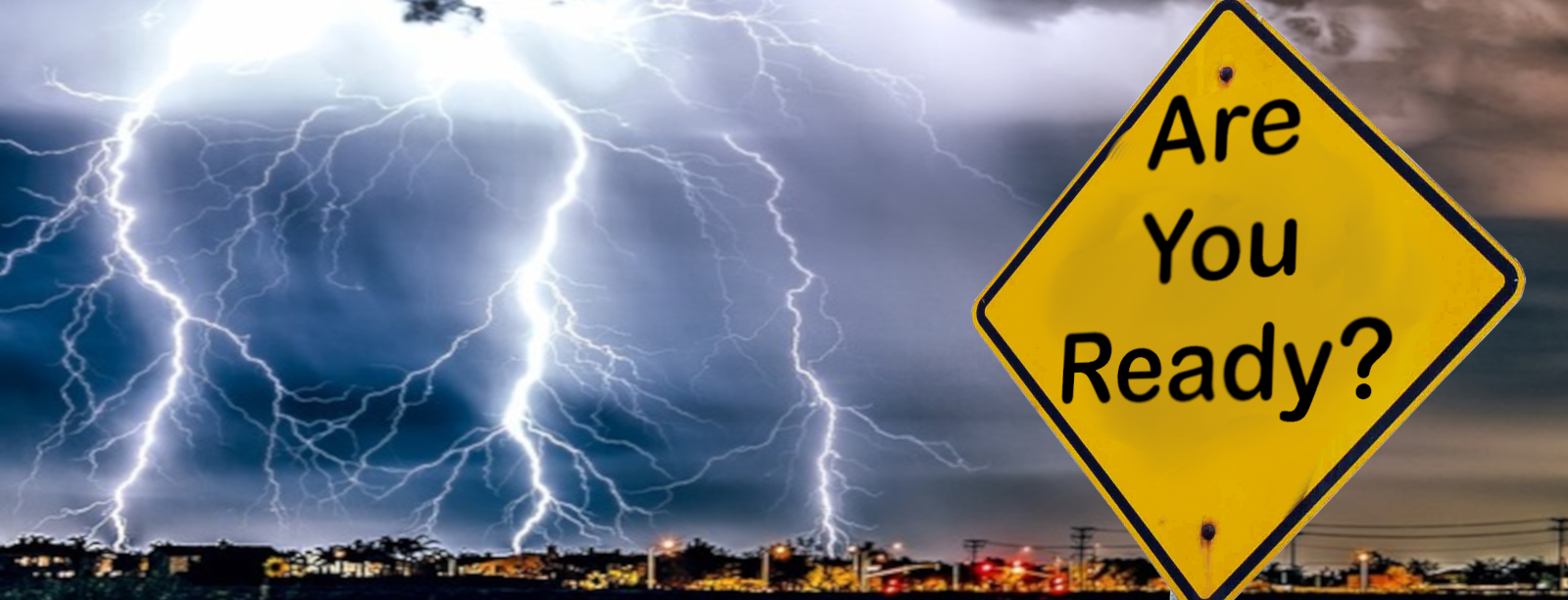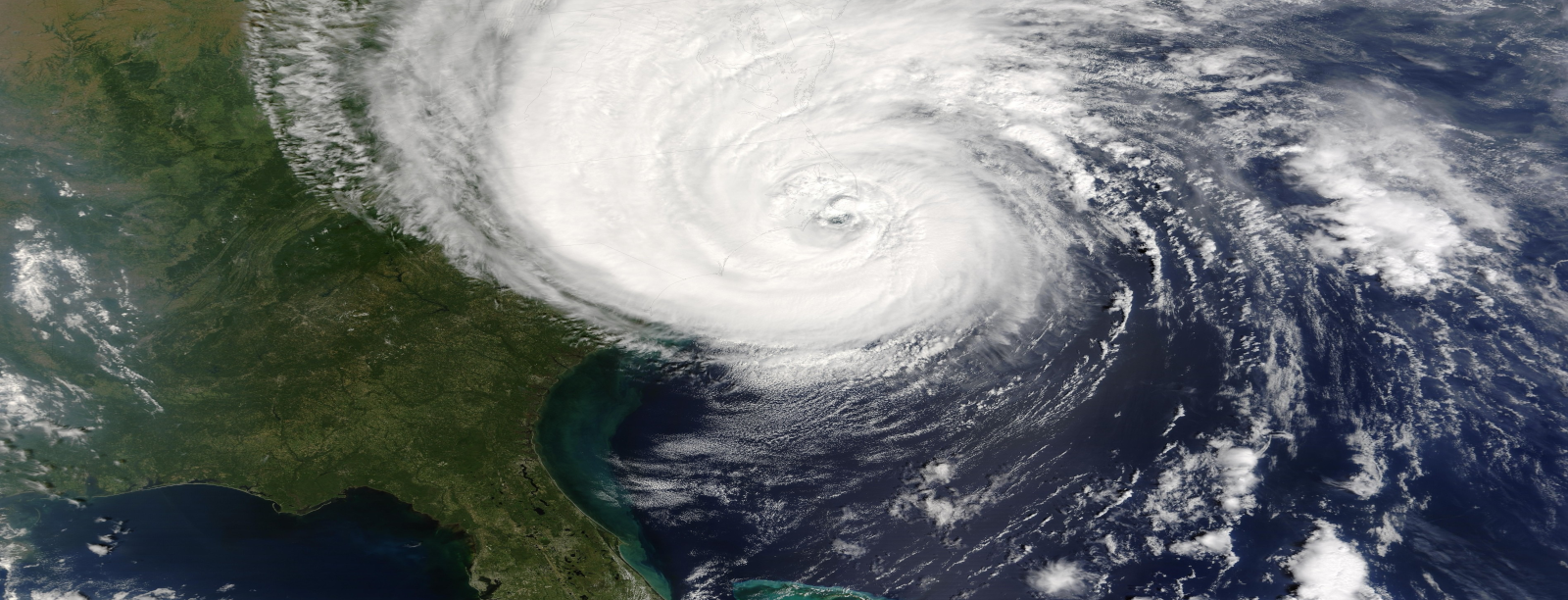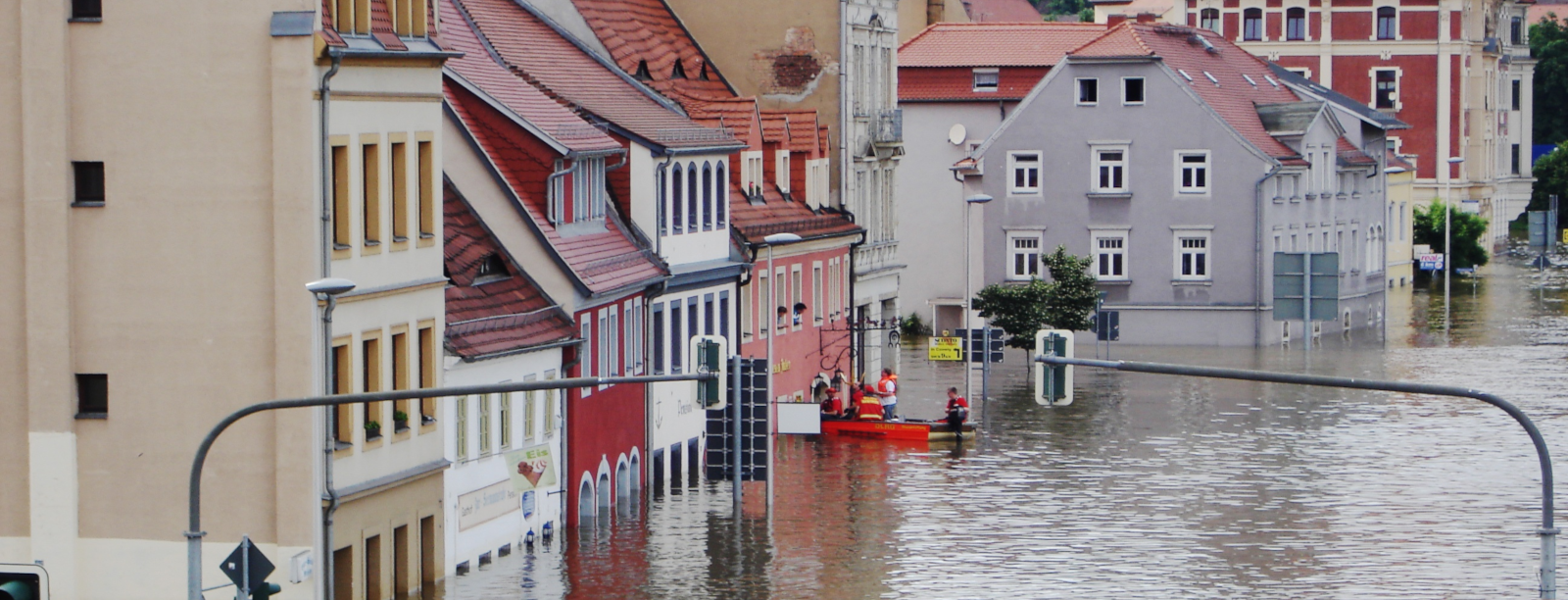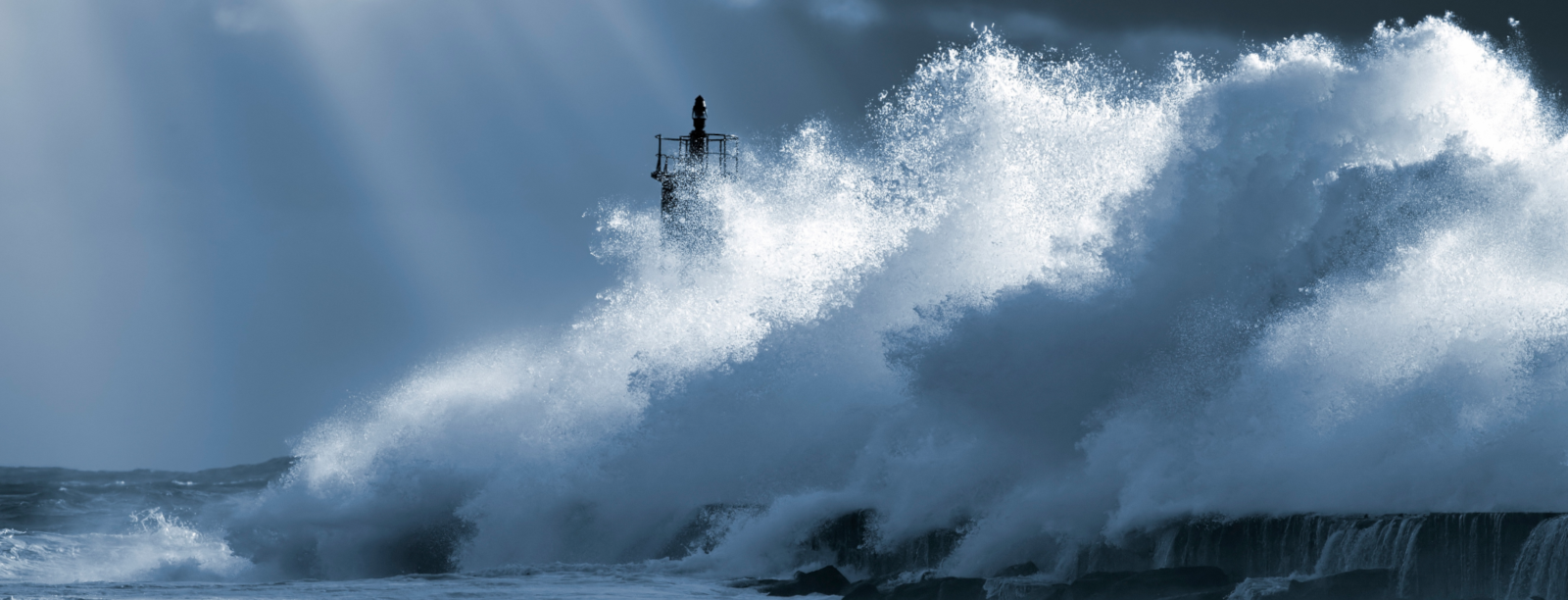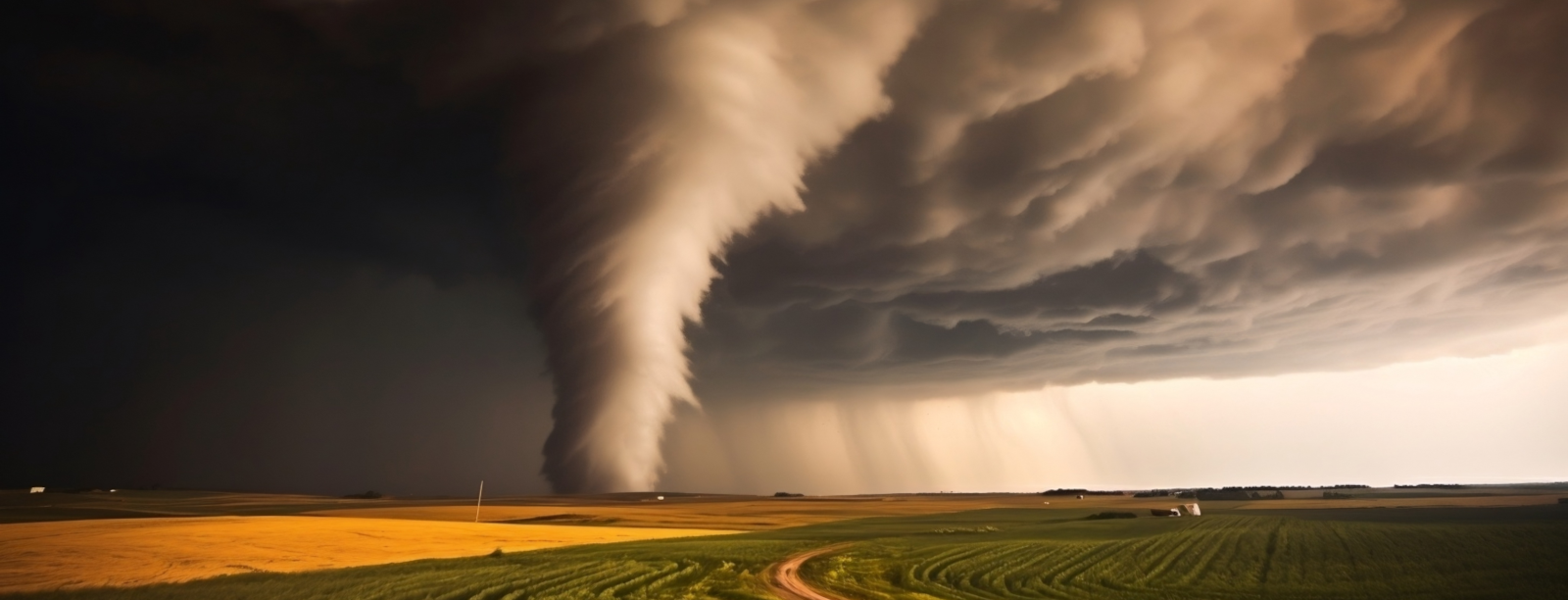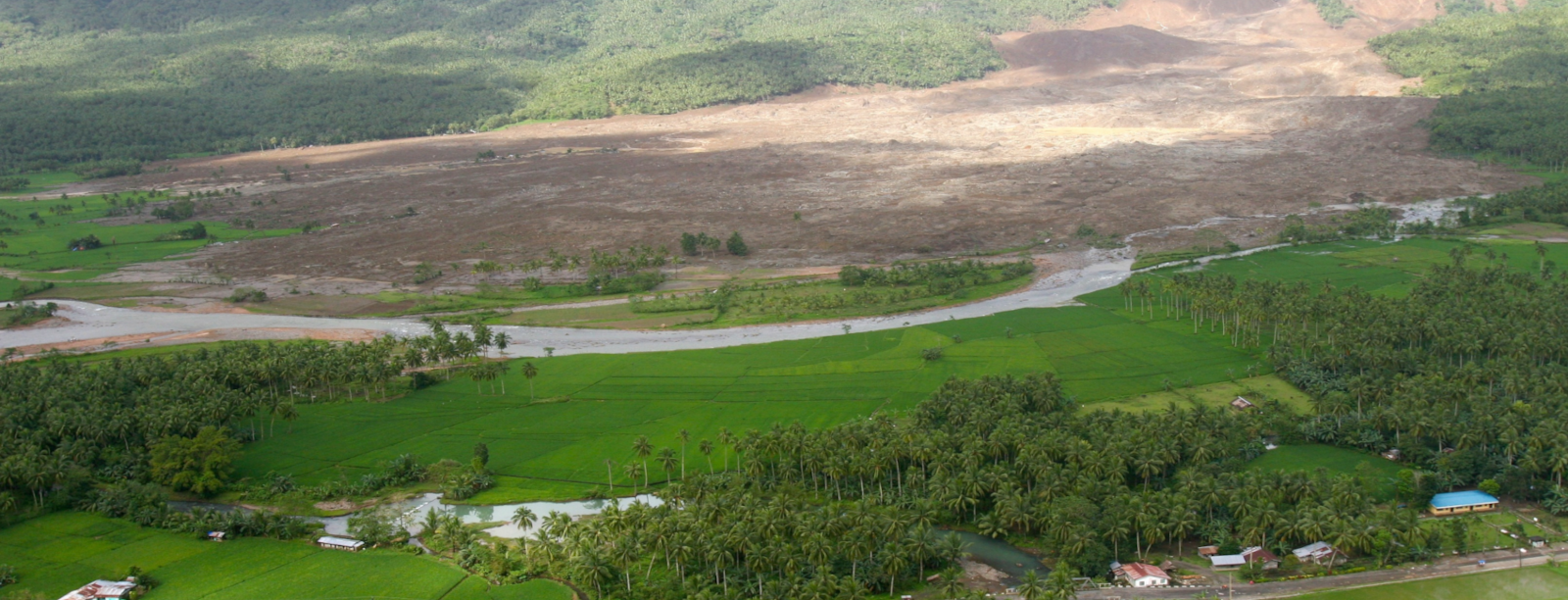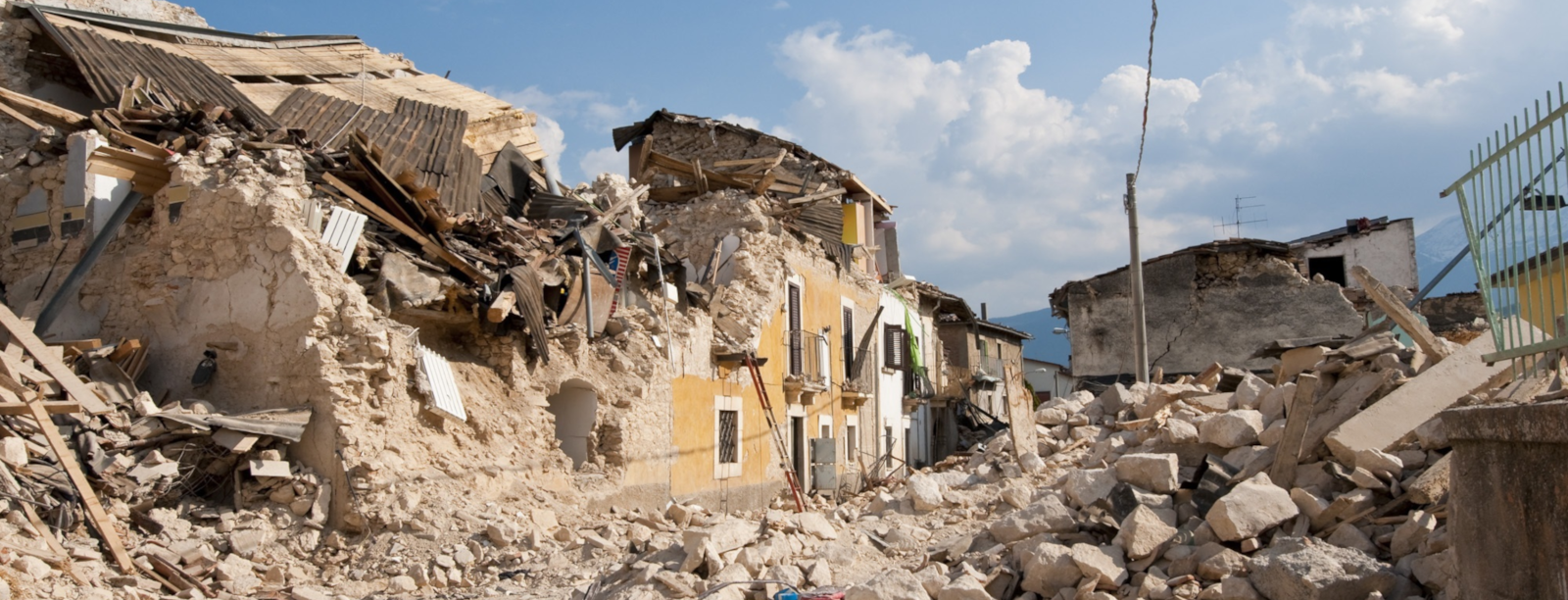
The Coast Guard is the Nation’s premiere maritime first responder, minimizing loss of life and property by searching for and rescuing persons in distress. The Coast Guard is capable of rapidly mobilizing resources to provide an immediate and reliable response to maritime incidents in coordination with, and in support of, Federal, State, local, territorial, and tribal agencies, as well as private sector partners.
The United States Coast Guard (USCG) is the maritime security, search and rescue, and law enforcement service branch of the United States Armed Forces[6] and one of the country’s eight uniformed services. The service is a maritime, military, multi-mission service unique among the U.S. military branches for having a maritime law enforcement mission with jurisdiction in both domestic and international waters and a federalregulatory agency mission as part of its duties. It is the largest and most powerful coast guard in the world, rivaling the capabilities and size of most navies.
The U.S. Coast Guard is a humanitarian and security service. It protects the United States’ borders and economic and security interests abroad; and defends its sovereignty by safeguarding sea lines of communication and commerce across vast territorial waters spanning 95,000 miles of coastline and its Exclusive Economic Zone. With national and economic security depending upon open global trade and a rules-based international order, and with ever-expanding risk imposed by transnational threats through the maritime and cyber domains, the U.S. Coast Guard is at any given time deployed to and operating on all seven continents and in cyberspace to save lives; enforce laws; ensure safe and secure commerce; and protect the environment. Like its United States Navy sibling, the U.S. Coast Guard maintains a global presence with permanently-assigned personnel throughout the world and forces routinely deploying to both littoral and blue-water regions. The rise of great power competition and adversarial challenges to rules-based international order through inter-state aggression, economic coercion, and maritime hybrid warfare has cultivated numerous conflict hotspots around the world. The U.S. Coast Guard’s adaptive, multi-mission “white hull” fleet is leveraged as a force of both diplomatic soft power and humanitarian and security assistance over the more overtly confrontational nature of “gray hulled” warships. As a humanitarian service, it saves tens of thousands of lives a year at sea and in U.S. waters, and provides emergency response and disaster management for a wide range of man-made and natural catastrophic incidents in the U.S. and throughout the world.
Reference: wikipedia
|
The Coast Guard is the Nation’s premiere maritime first responder, minimizing loss of life and property by searching for and rescuing persons in distress. The Coast Guard is capable of rapidly mobilizing resources to provide an immediate and reliable response to maritime incidents in coordination with, and in support of, Federal, State, local, territorial, and tribal agencies, as well as private sector partners. The United States Coast Guard (USCG) is the maritime security, search and rescue, and law enforcement service branch of the United States Armed Forces[6] and one of the country's eight uniformed services. The service is a maritime, military, multi-mission service unique among the U.S. military branches for having a maritime law enforcement mission with jurisdiction in both domestic and international waters and a federalregulatory agency mission as part of its duties. It is the largest and most powerful coast guard in the world, rivaling the capabilities and size of most navies. The U.S. Coast Guard is a humanitarian and security service. It protects the United States' borders and economic and security interests abroad; and defends its sovereignty by safeguarding sea lines of communication and commerce across vast territorial waters spanning 95,000 miles of coastline and its Exclusive Economic Zone. With national and economic security depending upon open global trade and a rules-based international order, and with ever-expanding risk imposed by transnational threats through the maritime and cyber domains, the U.S. Coast Guard is at any given time deployed to and operating on all seven continents and in cyberspace to save lives; enforce laws; ensure safe and secure commerce; and protect the environment. Like its United States Navy sibling, the U.S. Coast Guard maintains a global presence with permanently-assigned personnel throughout the world and forces routinely deploying to both littoral and blue-water regions. The rise of great power competition and adversarial challenges to rules-based international order through inter-state aggression, economic coercion, and maritime hybrid warfare has cultivated numerous conflict hotspots around the world. The U.S. Coast Guard's adaptive, multi-mission "white hull" fleet is leveraged as a force of both diplomatic soft power and humanitarian and security assistance over the more overtly confrontational nature of "gray hulled" warships. As a humanitarian service, it saves tens of thousands of lives a year at sea and in U.S. waters, and provides emergency response and disaster management for a wide range of man-made and natural catastrophic incidents in the U.S. and throughout the world. Reference: wikipedia |

